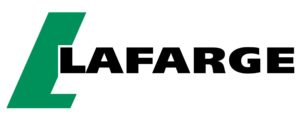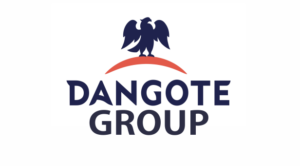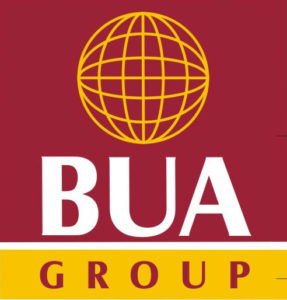Nigeria offers proven potential for mining investors. The country is richly endowed with a variety of solid minerals of various categories ranging from precious metals to various precious stones and industrial minerals. About 40 different kinds of solid minerals and precious metals buried in Nigerian soil are waiting to be exploited.
SOURCE: Nigerian Extractive Industries and Transparency Initiative (NEITI)
Nigeria’s minerals and mining sector is still largely underdeveloped with abundance of mineral resources for development. These minerals can be broadly categorized according to use, into five groups:
INDUSTRIAL MINERALS (such as barite, kaolin, gypsum, feldspar, limestone)
ENERGY MINERALS (such as bitumen, lignite, uranium)
METALLIC ORE MINERALS (such as gold, cassiterite, columbite, iron ore, lead-zinc, copper)
CONSTRUCTION MINERALS (such as granite, gravel, laterite, sand)
PRECIOUS STONES (such as sapphire, tourmaline, emerald, topaz, amethyst, garnet, etc.)
PROVEN RESERVES
These mineral assets are available across the federation in varying mixes and proven reserves. No corner of Nigeria today is lacking in solid mineral assets. It is significant to note that among the minerals which occur in significant commercial quantities in different parts of the country are Limestone – for which annual national demand is 18 million metric tons and which has driven the growth of Nigeria’s cement industry; Talc – Over 40 million metric tonnes of talc deposits have been identified; Gypsum – over a billion metric tonnes of gypsum are spread across the country; Bitumen – Nigeria has the second largest deposit of Bitumen in the world; Coal – there are over 1 trillion metric tons of coal resources on our soil. There are also significant quantities of several other minerals in Nigeria’s natural resource portfolio of at least 44 known mineral assets. Nigeria’s most promising mineral assets however are gold, iron ore, barite, bitumen, lead, zinc, tin, coal and limestone.
SOURCE: Ministry of Solid Minerals Development, Federal Republic of Nigeria
Nigeria has a large domestic market. It is the largest market in sub-Sahara Africa and the potential stretches into the growing West African sub-region. The government has created a favorable climate for business and industrial ventures. Government has reviewed its mining policies and laws. As a result, the government roles have been better defined as one of administrator–regulator while allowing the private sector to be owner–operator.
Source: Nigerian Geological Survey Agency
POLICY TRUST
The main objective of the National Policy on Solid Minerals is to ensure an orderly development of the mineral resources of the country by providing clear rules for predictable behavior by the authorities, unambiguous regulations for the exploitation of the minerals and a clearly prescribed pattern of developments with roles of the different actors clearly defined.
In view of the dwindling government revenue from the oil sector, the Nigerian government has made it a priority to encourage investors to venture into this sector and others, in order to diversify the economy. This has led to the introduction of the Nigerian Minerals and Mining Regulation 2011 to streamline procedures for granting licenses to investors (both local and foreign) and guaranteed access to mining sites with minimal encumbrances.
The regulation provided for the right to search for, or exploit minerals in Nigeria, and is obtained through any of the following mining titles:
- Reconnaissance Permit
- Exploration Licence
- Small Scale Mining Licence
- Mining Licence
- Quarrying Licence
- Water Policy
The sector’s legislation guarantees:
- Security of tenure through mining lease
- Transparent procedures for granting access to mining titles on a first come first serve basis by Federal Ministry of Solid Mineral Development
- Internationally competitive mining incentives
- Comprehensive Geoscience Data of mineral deposits and their locations in Nigeria
There are tremendous opportunities for investments in the solid mineral sector in Nigeria. Prospecting licenses for investors (both local and foreign) to participate in the exploitation of the vast mineral resources in Nigeria is granted by the Federal Ministry of Solid Minerals Development.
OVERVIEW OF INCENTIVES
The Nigeria government has ambitious targets for the solid minerals and mining sector and the sector enjoys Pioneer Status with attendant tax exemption to all operating companies. There are large investment incentives bagged by enabling laws and supported through the Ministry of Trade and Investments, Nigerian Investment Promotion Commission and the Ministry of Solid Minerals Development. For a complete list of the incentives, please click here:
Some transnational mining companies doing business in Nigeria include Dangote, BUA, Lafarge, Megatech, Aquagem, Helicon.




